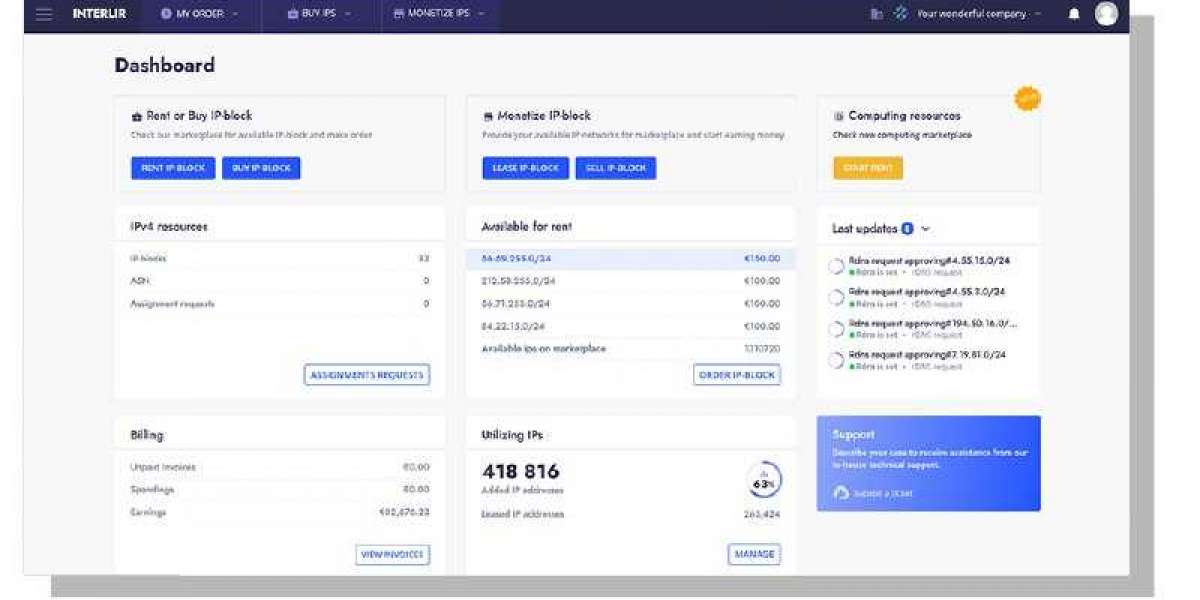From the earliest radio broadcasts to today’s live streams, media has shaped how we perceive, consume, and value sport. The commentary you hear, the highlights you watch, even the stories written into documentaries—all of these mold sport into something larger than the competition itself. But as media transforms at an unprecedented pace, the question is no longer just how we watch, but how sport itself will be designed by the act of watching.
The Evolution of Storytelling in Sport
Sports once lived primarily in results and box scores. Today, media platforms amplify personal narratives—athletes’ backgrounds, struggles, and triumphs become part of the spectacle. Tomorrow, this storytelling may evolve further, merging real-time biometric data, interactive graphics, and AI-driven narratives. Will athletes be seen less as competitors and more as immersive characters in ongoing sagas? And how might that shift change the very motivations of athletes entering the arena?
Ranking Systems as Media Narratives
The media has also reinforced the importance of performance hierarchies. Ranking Systems in Sports may seem neutral, but when highlighted on broadcasts, they create arcs of underdogs and dynasties. As ranking models become more algorithmic, with predictive analytics feeding into global leaderboards, media will likely play a greater role in legitimizing or questioning those systems. Will we accept machine-generated rankings as definitive, or will debates about fairness intensify as algorithms weigh hidden variables?
Virtual Arenas and the Spectator Experience
With the rise of virtual reality, augmented feeds, and interactive platforms, spectators are no longer passive consumers. The future may bring immersive viewing where fans choose camera angles, access live tactical breakdowns, or even simulate participation. This shift will blur the line between media and sport itself. Could the broadcast become the sport? And if so, what happens to the primacy of the physical arena when the virtual one feels more compelling?
Athlete Identity in a Media-First World
Athletes increasingly craft their identities not only on the field but on social platforms. The balance between performance and persona is delicate. Looking ahead, media ecosystems may reward athletes who generate constant engagement as much as those who deliver results. What will it mean if sponsorships and career longevity hinge more on media metrics than win-loss records? And will future athletes train in communication and content creation as rigorously as they do in strength or skill?
The Risks of Manipulation and Fraud
Media expansion also brings risks. Deepfakes, misinformation, and fraudulent reporting can distort reputations or outcomes. Platforms like actionfraud have already emphasized how quickly trust can erode when false claims circulate unchecked. In sport, such risks may escalate if manipulated clips or falsified stats spread faster than corrections. Will the future demand real-time verification systems for every highlight, every score, every “breaking” story?
Media Globalization and Local Identity
The globalization of media means fans can follow leagues across borders with ease. Yet, this also risks overshadowing local identities. A child in one country may grow up knowing more about an overseas superstar than their own community athletes. Looking ahead, could we see a divide where globalized media produces a uniform sports culture, while grassroots traditions fight for survival? Or might hybrid models emerge where local stories are amplified within global platforms?
AI, Automation, and the Next Layer of Coverage
Artificial intelligence is already writing match reports and generating highlight packages. The next leap may involve predictive content—media that not only reports but anticipates. Imagine live broadcasts where probabilities of outcomes are recalculated with every play, reshaping the suspense of sport into a new kind of drama. But if AI narrates the game, what happens to the human voice—the passion, the bias, the cultural framing—that has always given sport its emotional resonance?
The Economics of Media-Driven Sport
Revenue flows will continue to be shaped by how media packages and sells attention. Pay-per-view models, subscription services, and microtransactions for in-game perspectives could dominate the next decade. Yet, this raises questions about equity. Will access to sport become stratified, with elite experiences for those who can pay and stripped-down versions for others? How communities navigate these divides may define whether sport remains a universal cultural touchstone or becomes a fragmented luxury.
Imagining the Future: Media as the Sport
The most provocative possibility is that media doesn’t just shape sport but becomes sport. Virtual competitions, AI-driven simulations, and hybrid formats might gain equal legitimacy with physical contests. When fans engage more with simulations than stadiums, the definition of “sport” itself may shift. The line between athlete, avatar, and narrative could blur until performance is judged as much by digital engagement as by physical execution.





